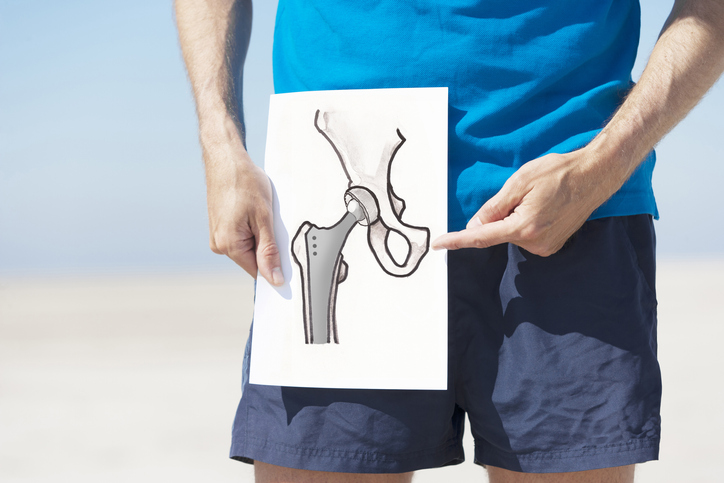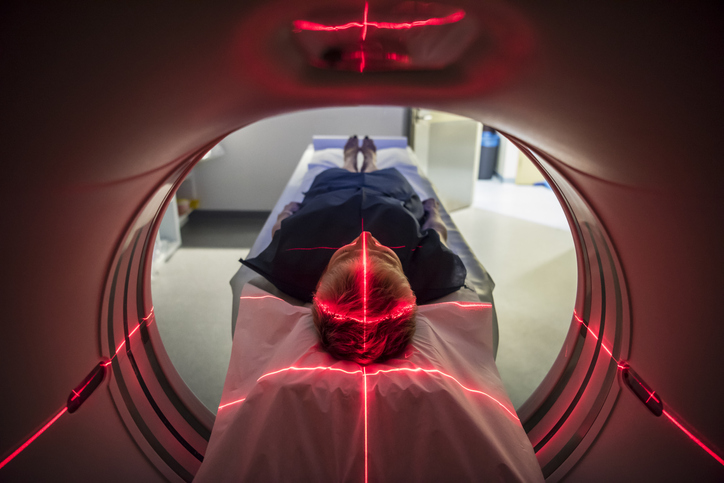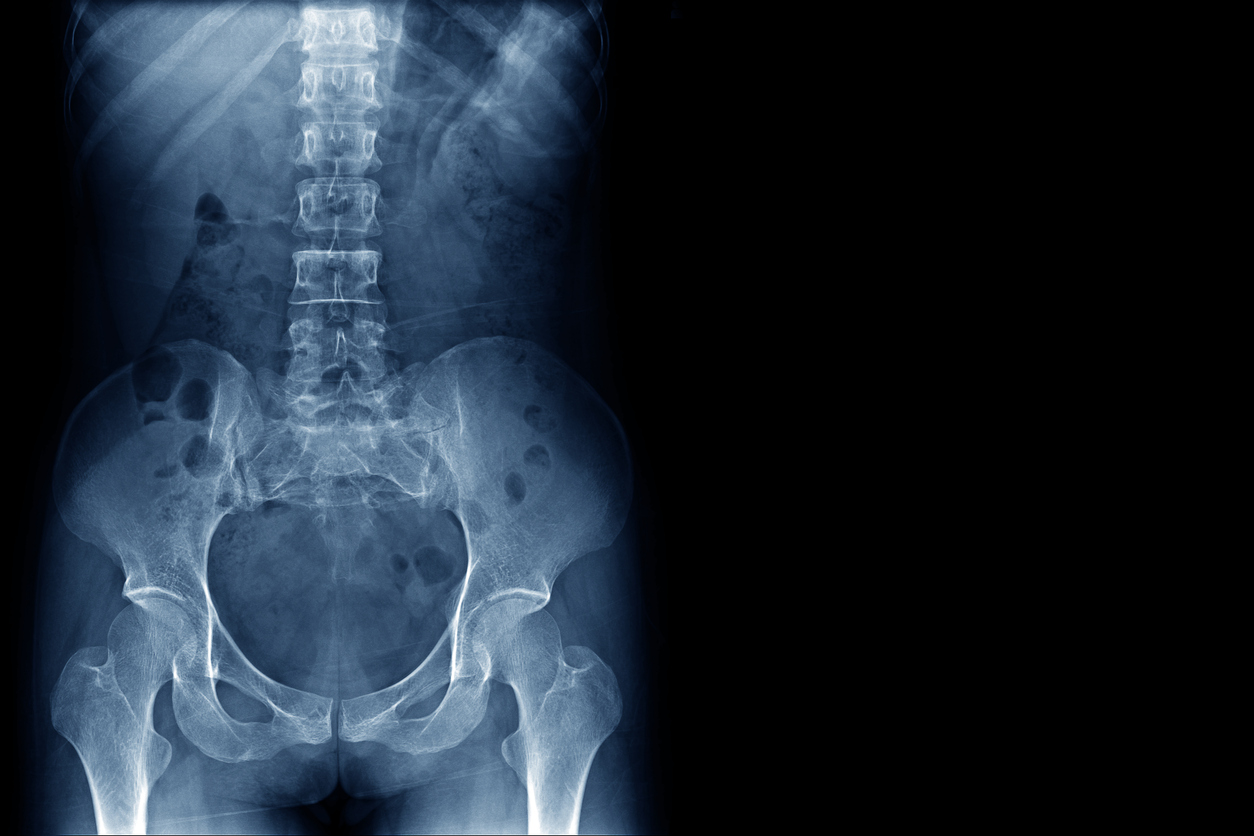Treatments
Who Is a Candidate for Shoulder Replacement Surgery?

What is shoulder replacement?
Shoulder replacement, or shoulder arthroplasty, is a surgical procedure that involves removal of damaged areas of bone and replacing it with artificial parts constructed of metal or plastic. Replacing a damaged shoulder with an artificial joint (prosthesis) typically reduces pain while also improving functionality. The procedure usually takes approximately two hours to complete.
Candidates for shoulder replacement surgery
A health care professional determines who is a good candidate for shoulder replacement surgery based on the condition of the shoulder and the individual’s risks. Typically, a good candidate for shoulder replacement include those with any of the following:
- Severe and unrelenting shoulder pain
- Shoulder weakness
- Reduced range of motion
- Chronic rotator cuff problems
- Shoulder pain that is not relieved by nonsurgical treatments
- Prior surgery or repairs failed to relieve symptoms
Candidates for shoulder replacement surgery generally have a condition that affects the shoulder. This includes, but is not limited to, the following:
- Osteoarthritis (OA)
- Rheumatoid arthritis (RA) or other inflammatory disorders
- Avascular necrosis
- Broken or fractured shoulder
- Traumatic injury
When is surgery not recommended?
Shoulder replacement surgery will not likely be recommended for certain reasons that include the following:
- An infection is present in the shoulder or elsewhere in the body.
- Medical instability is existent.
Surgery may be less successful
Shoulder replacement surgery may be less successful due to certain risk factors, which include the following:
- Diabetes
- Psychiatric disorders or substance abuse problems leading to noncompliance
- Poor motivation or unrealistic expectations
- Obesity
- Parkinson’s disease
- Shoulder damage or pain caused by a neuropathic pathology
















